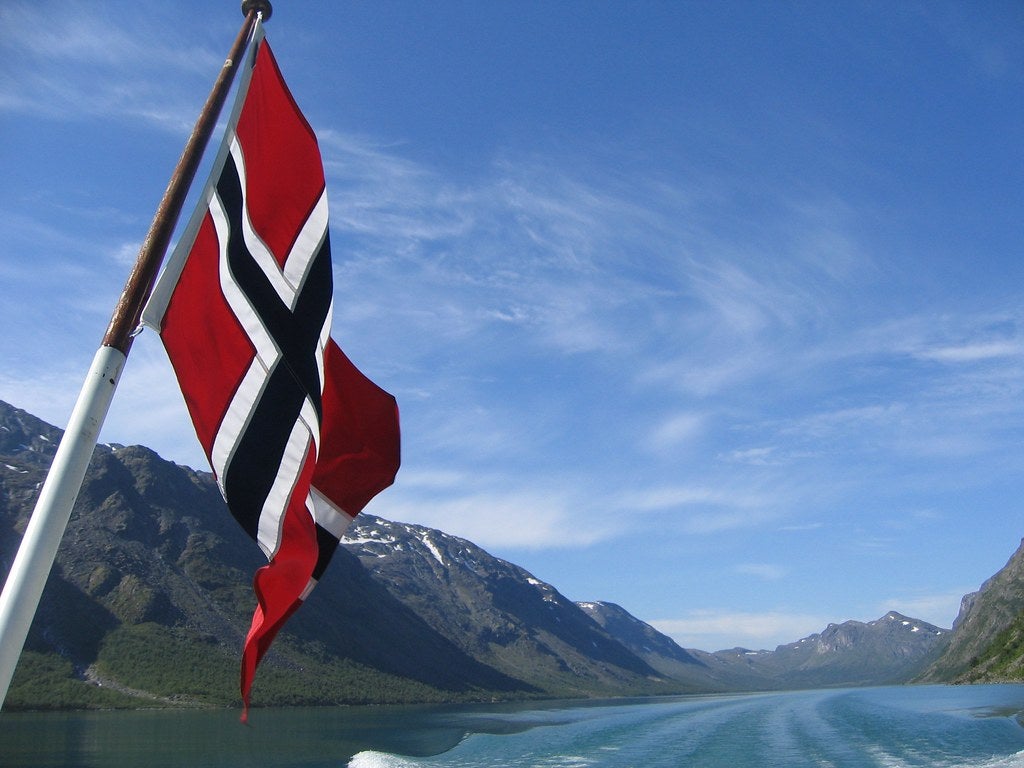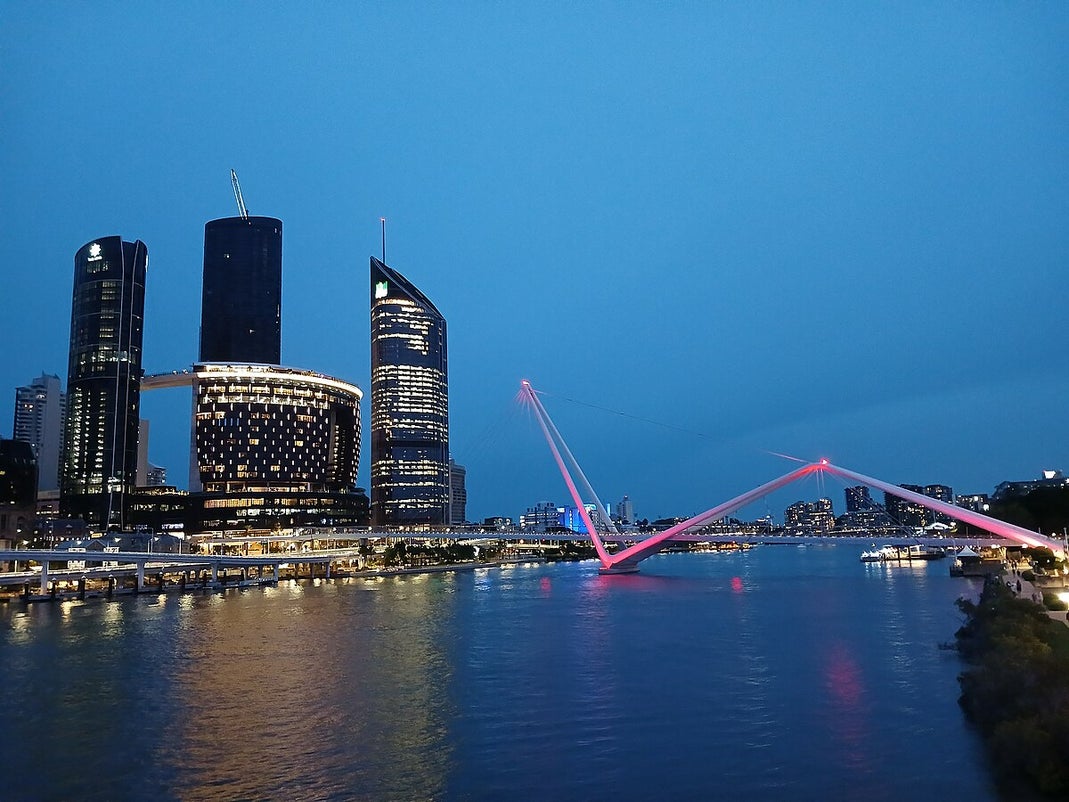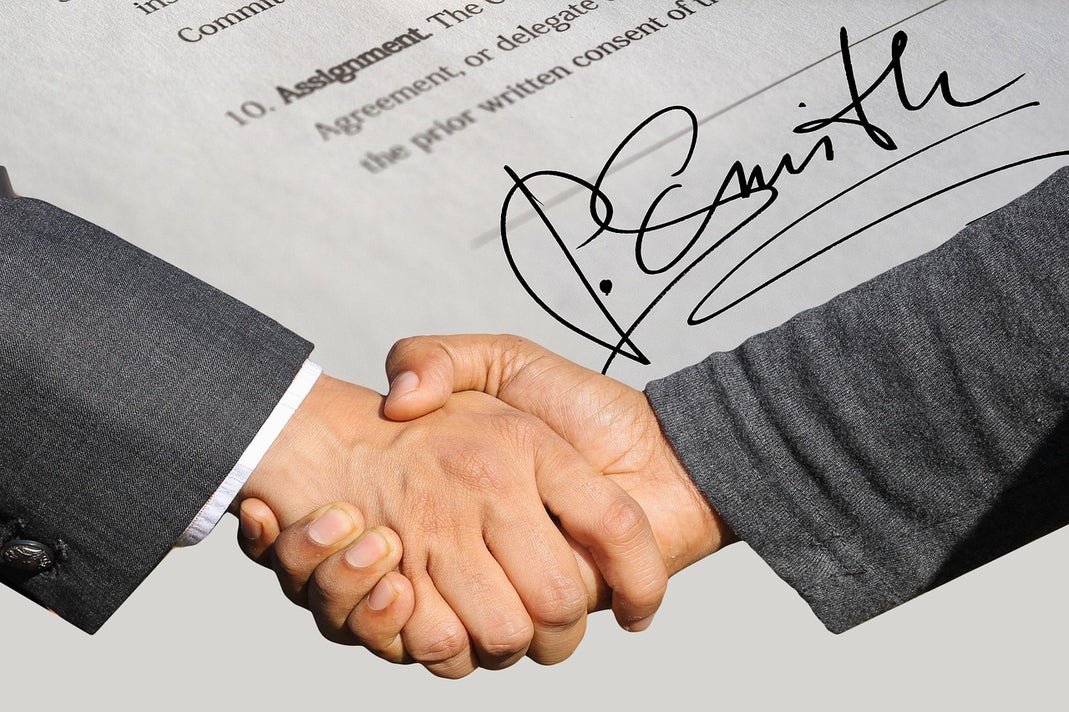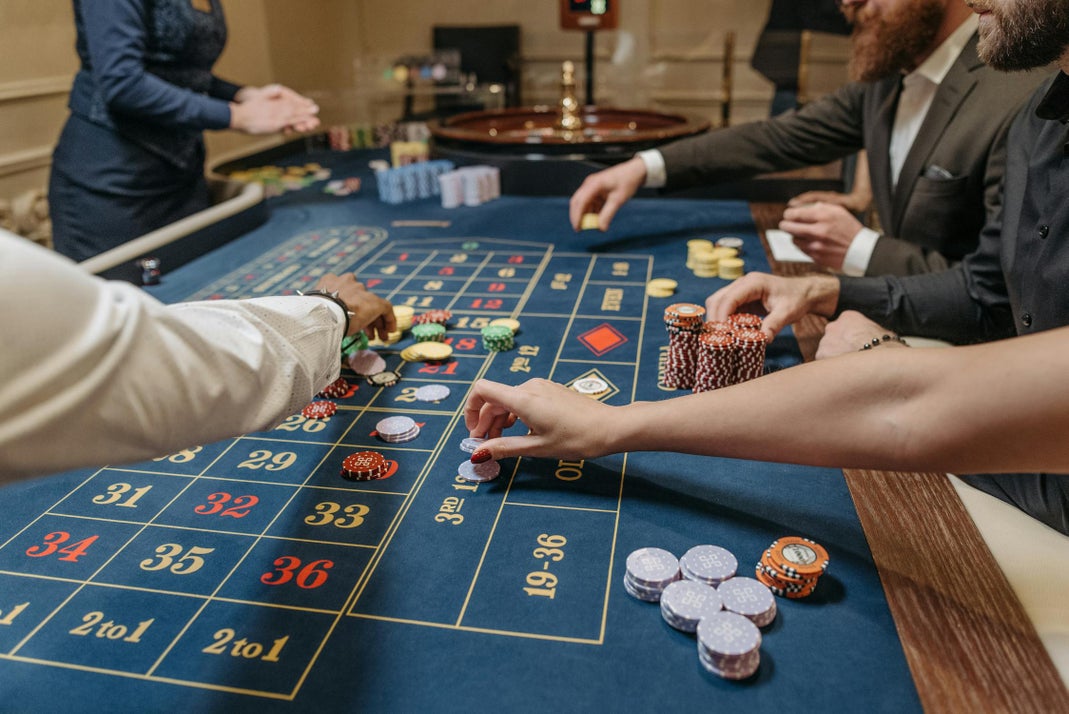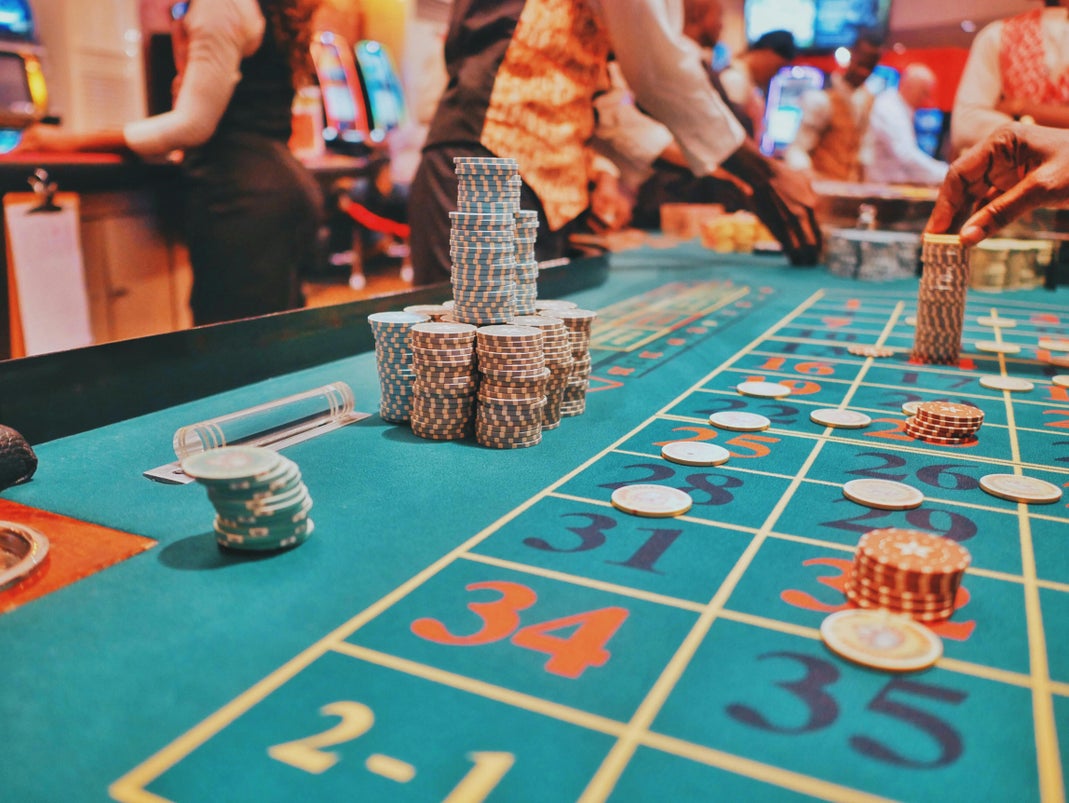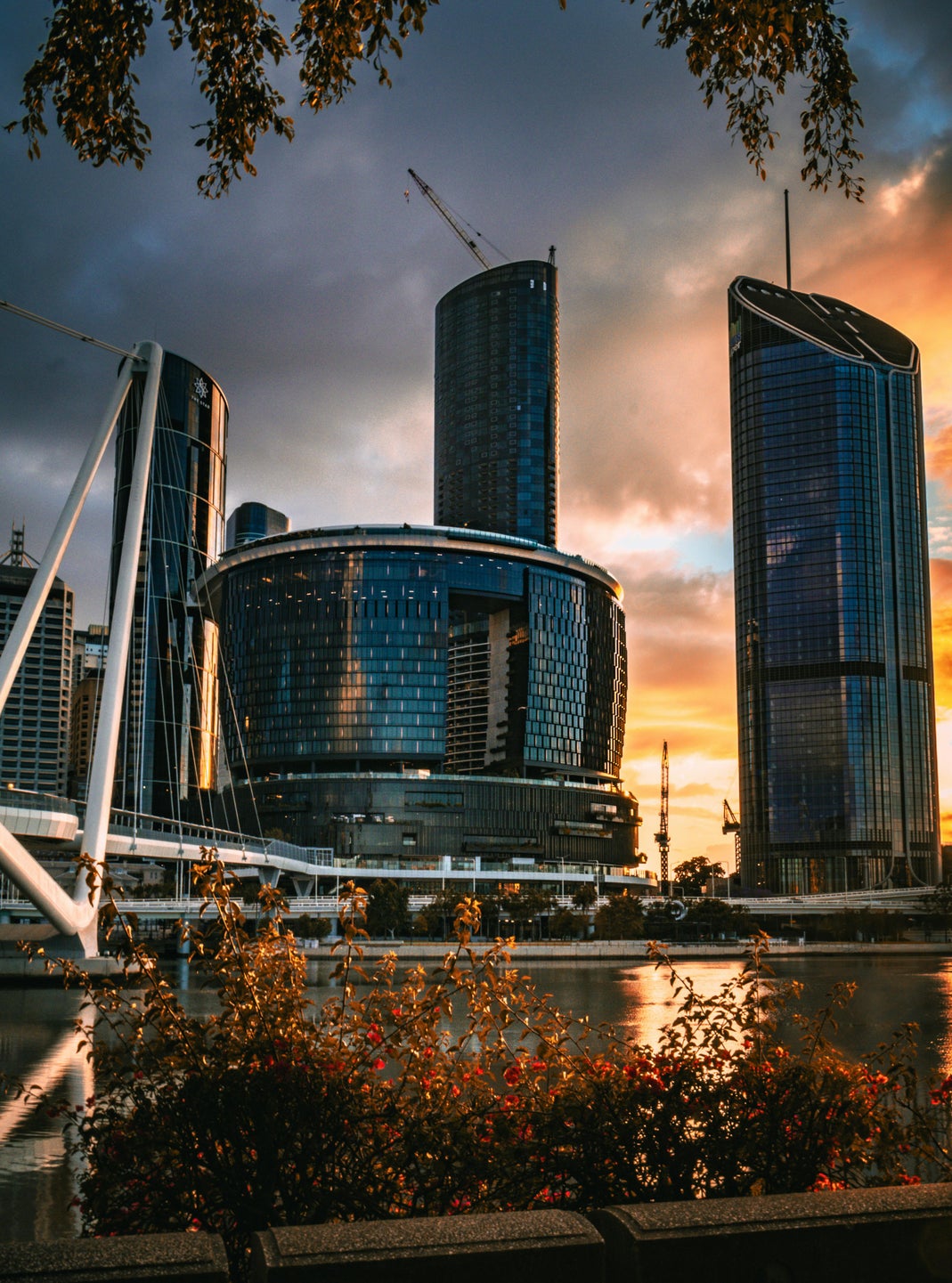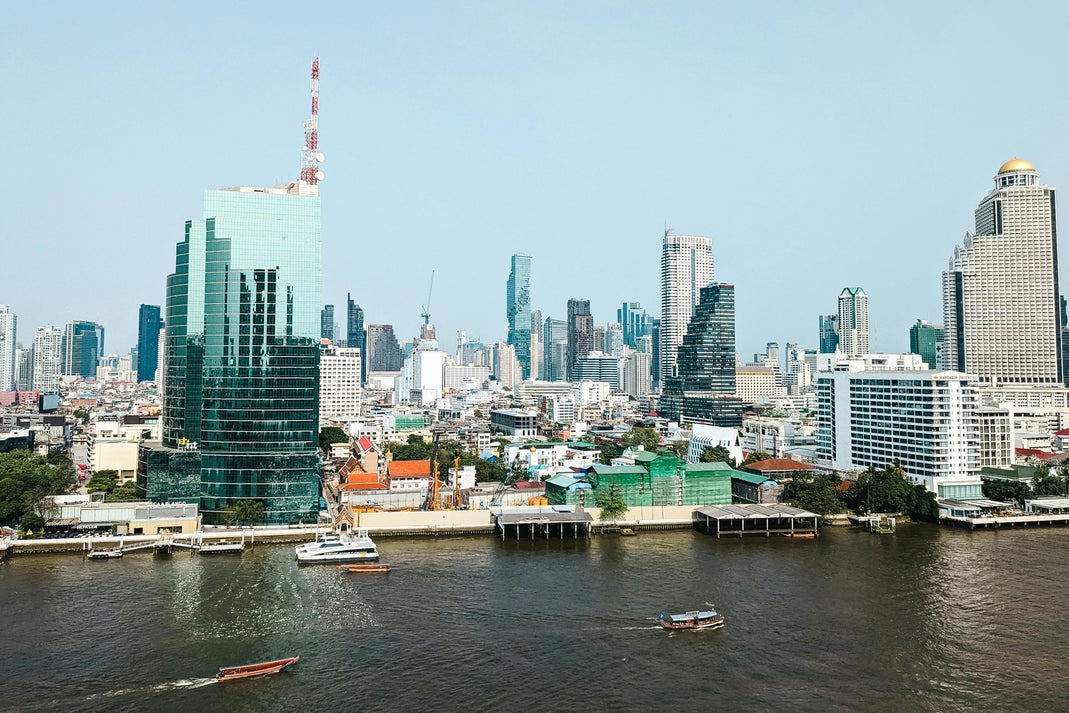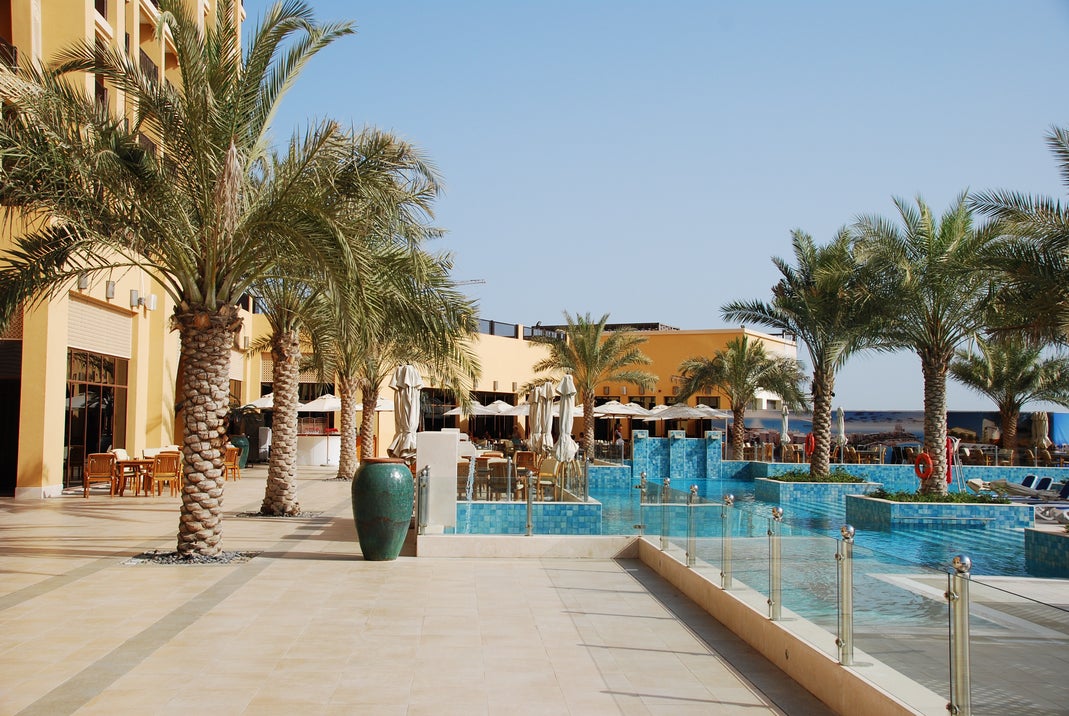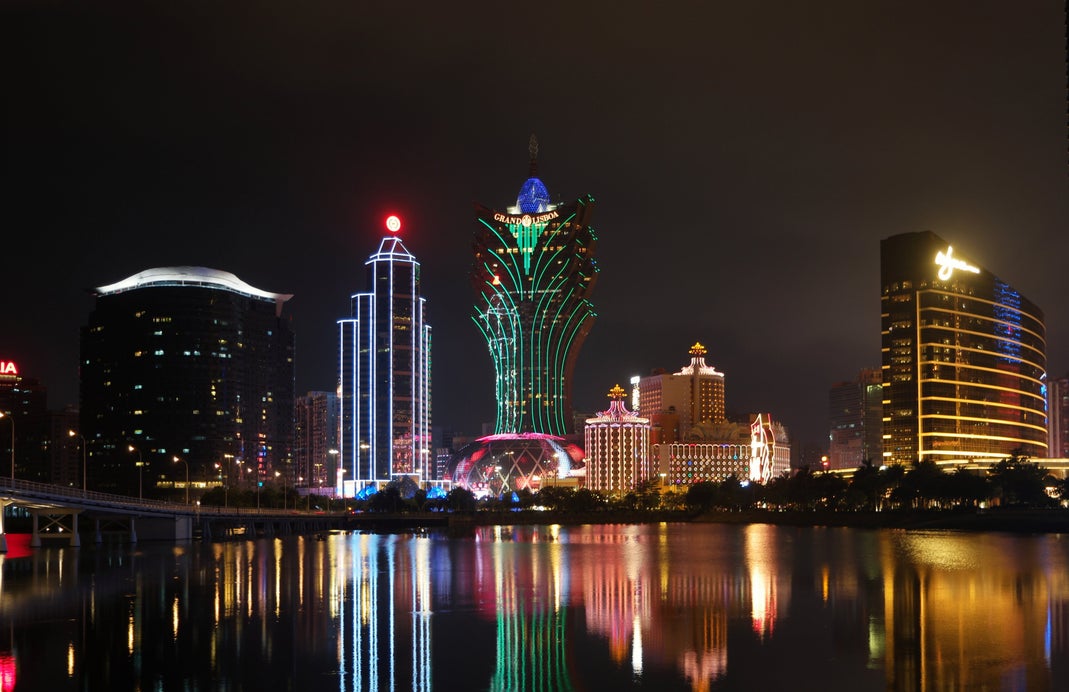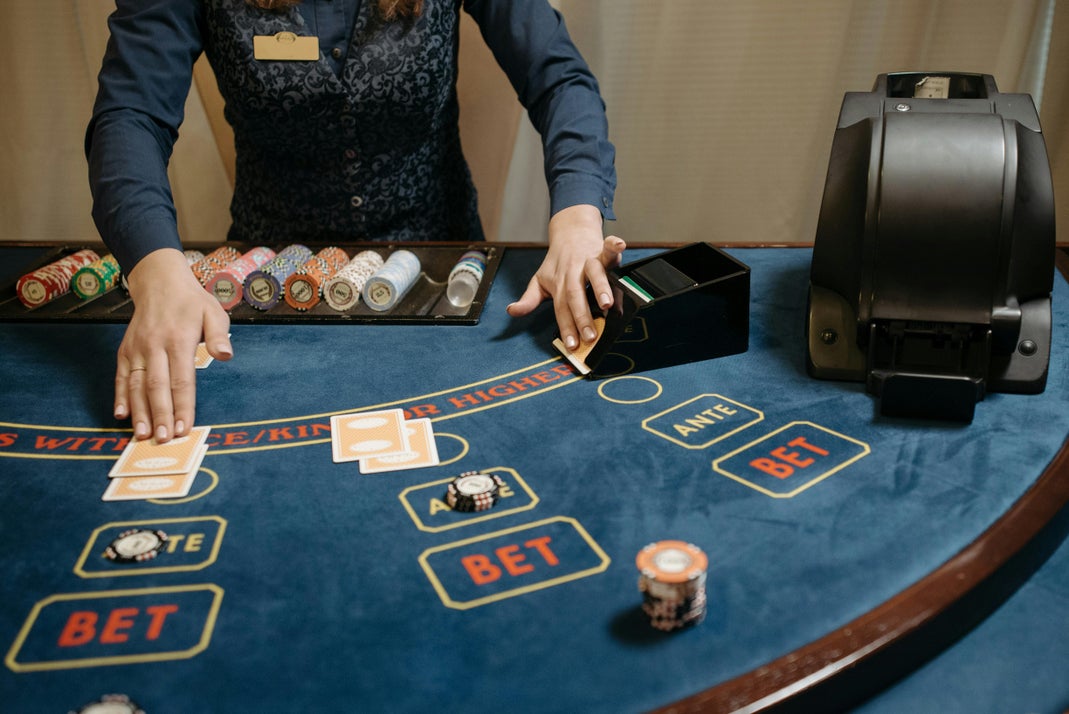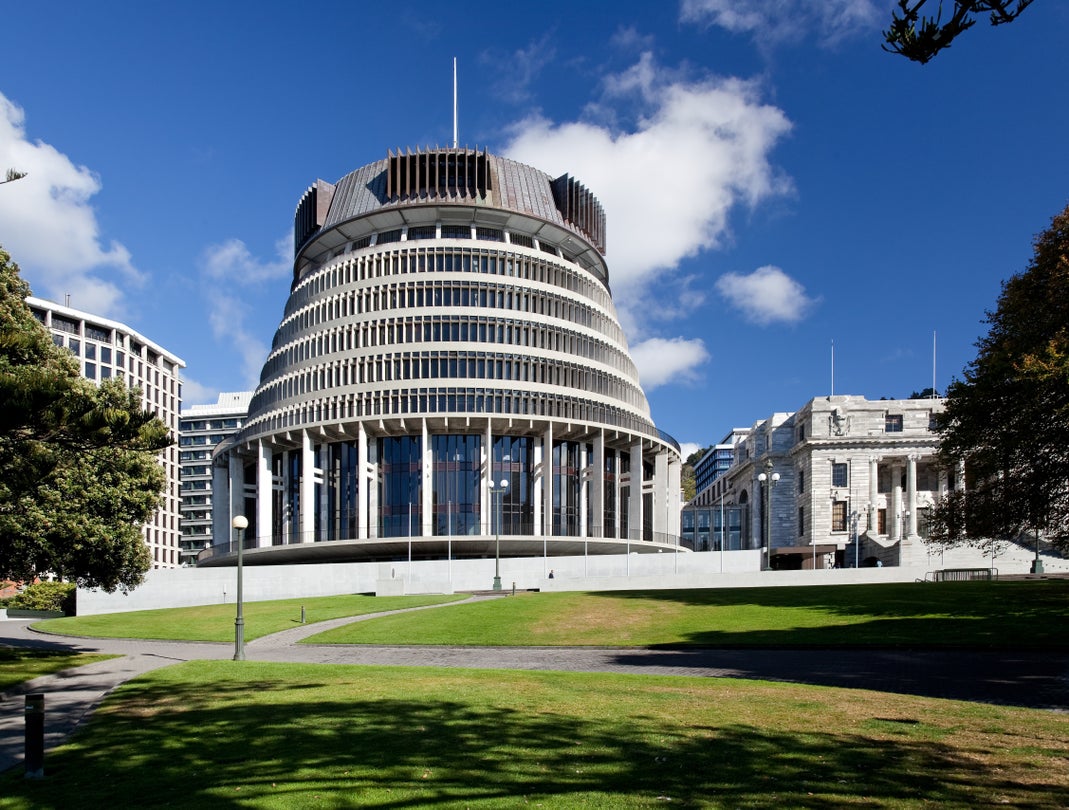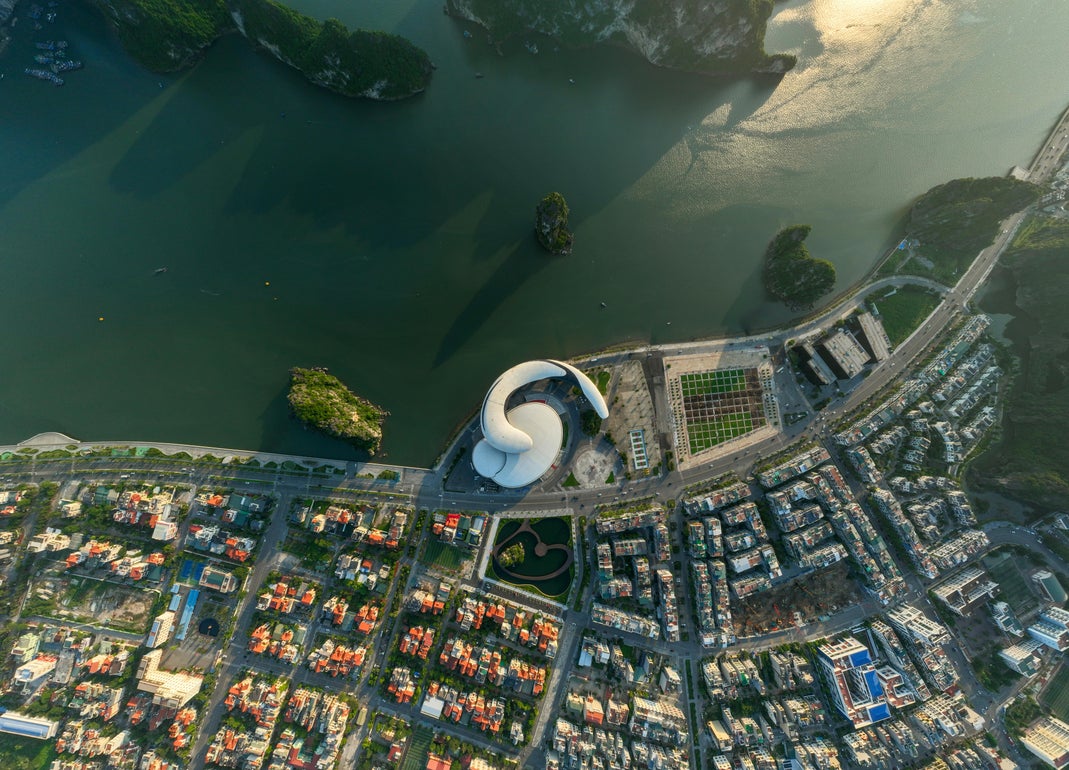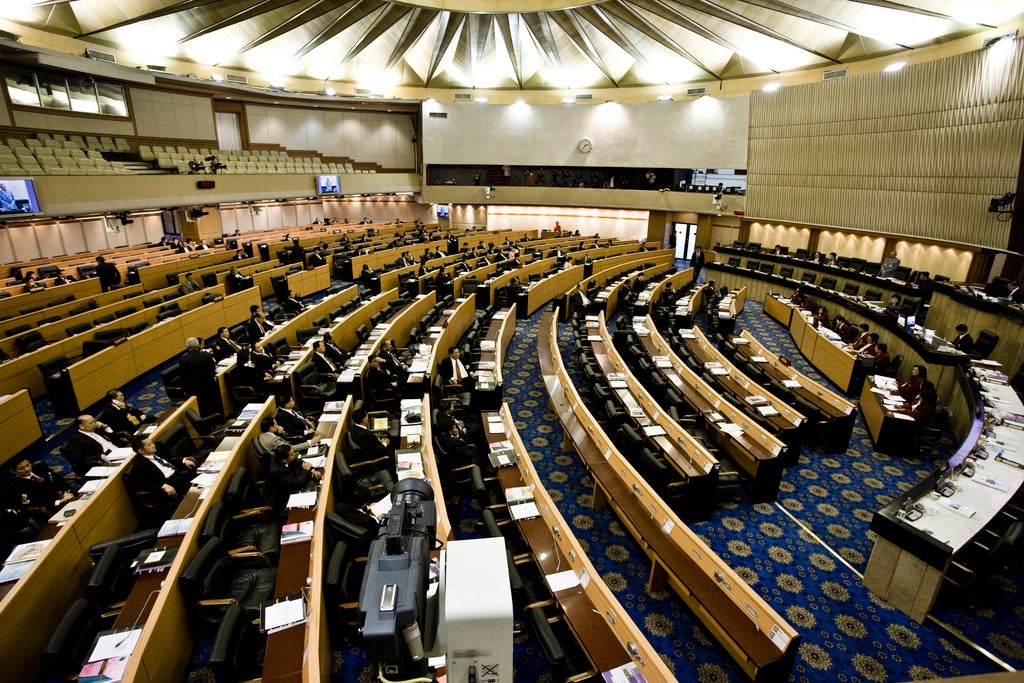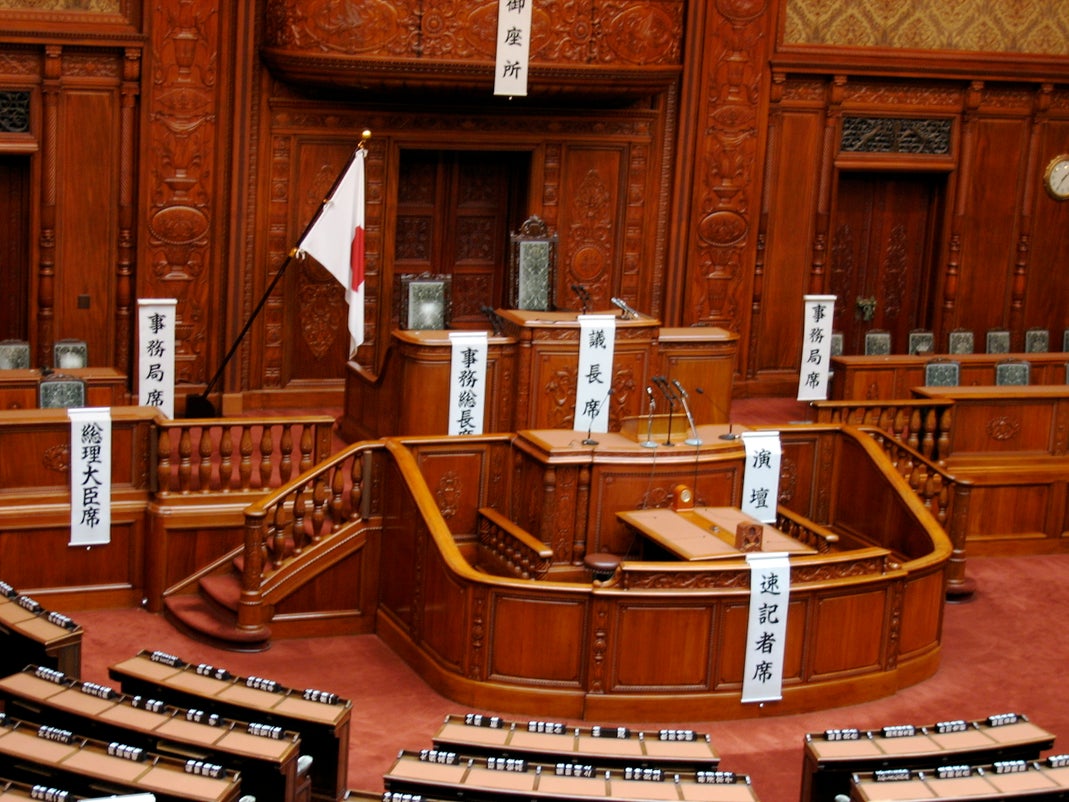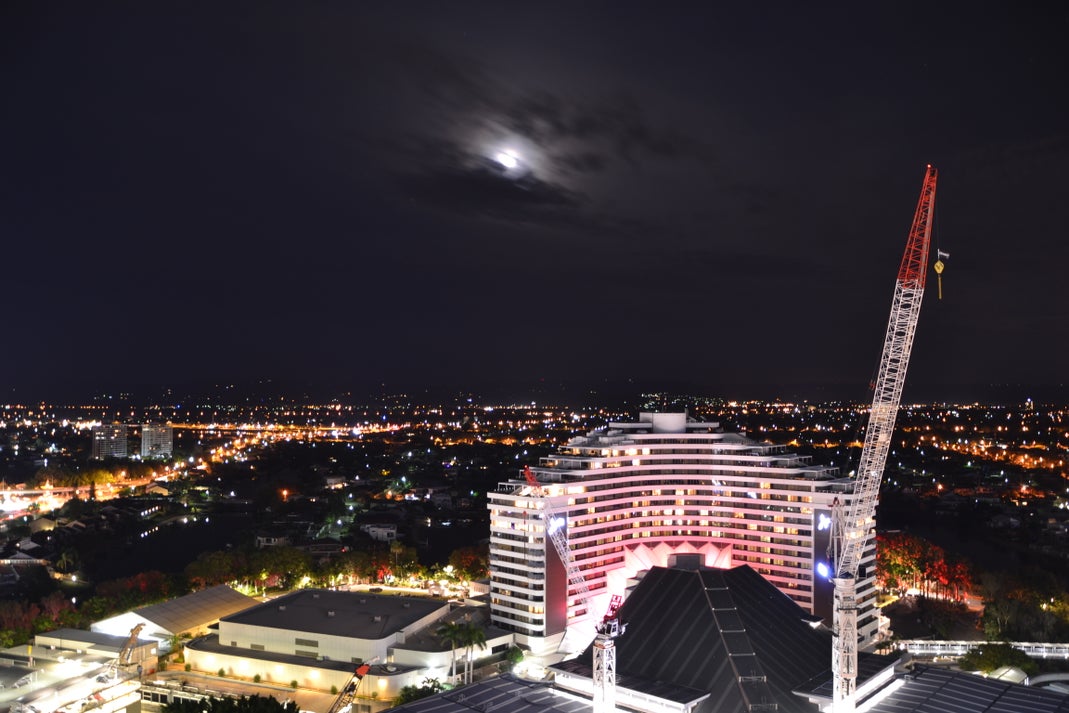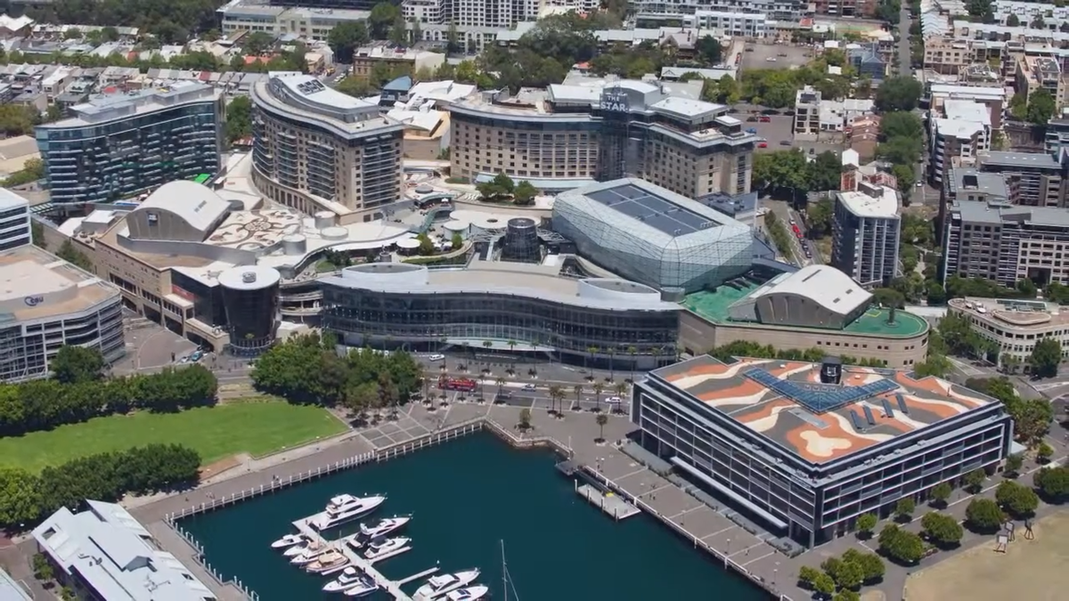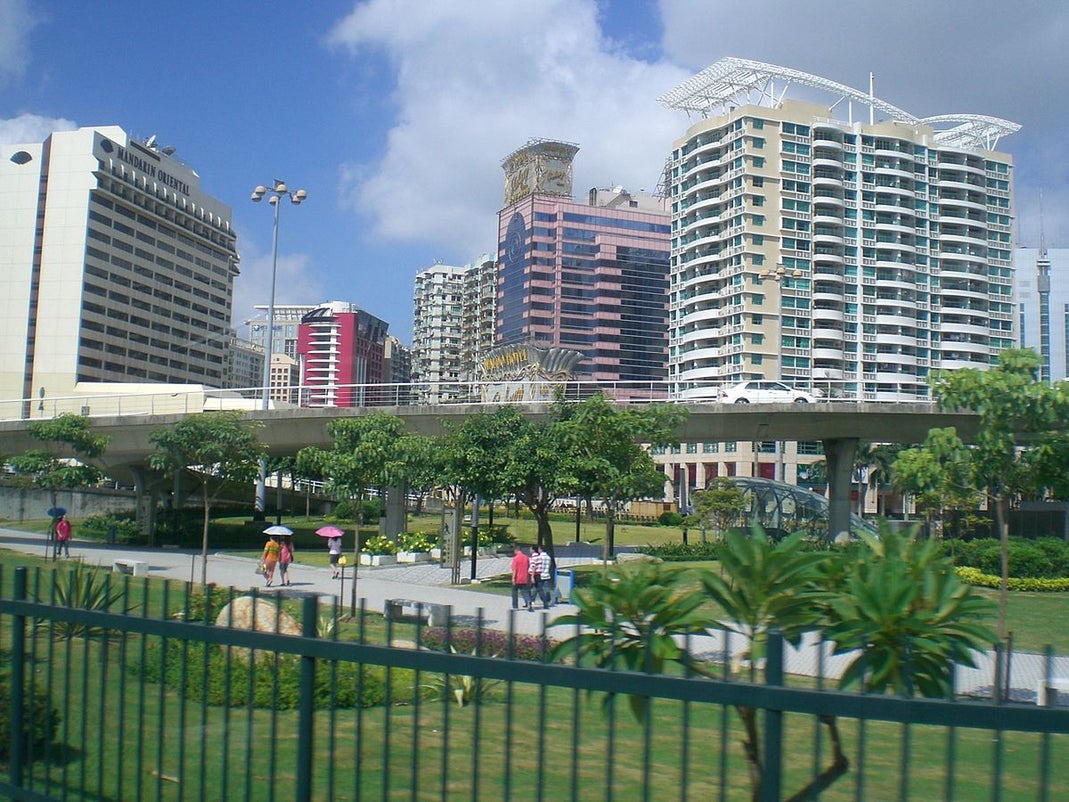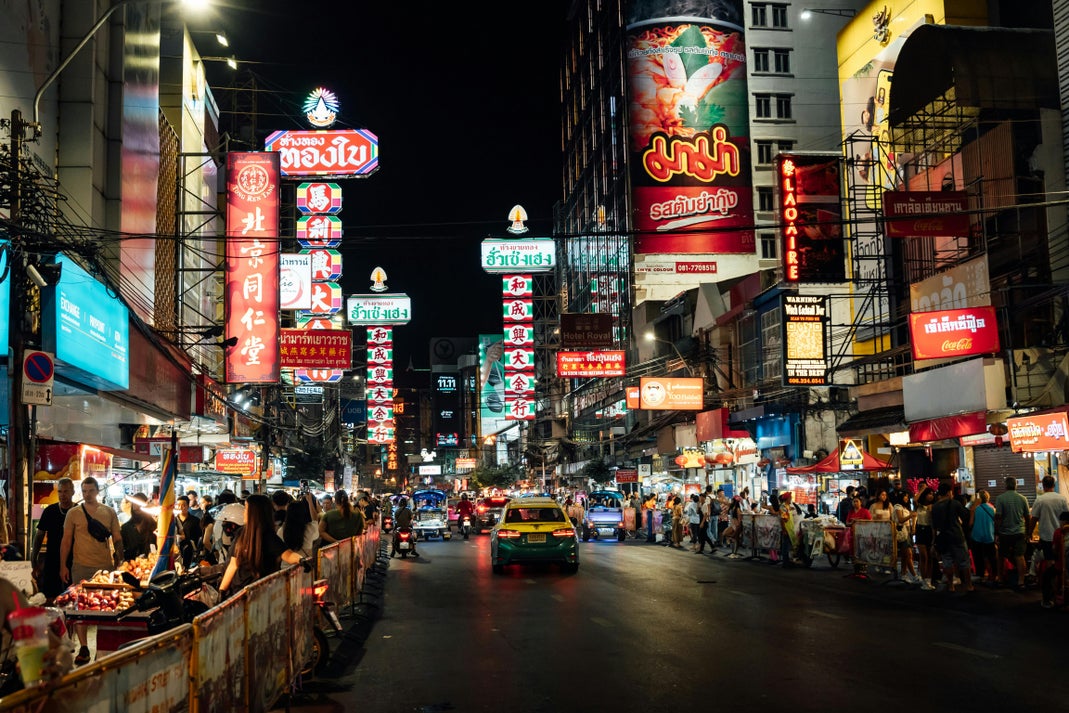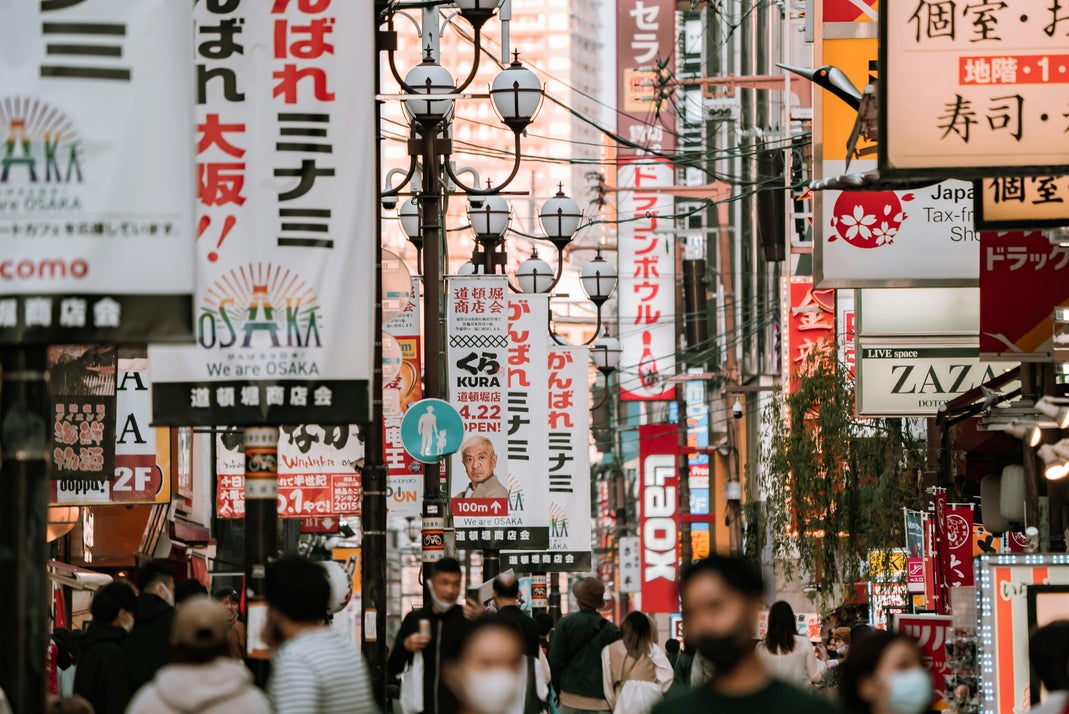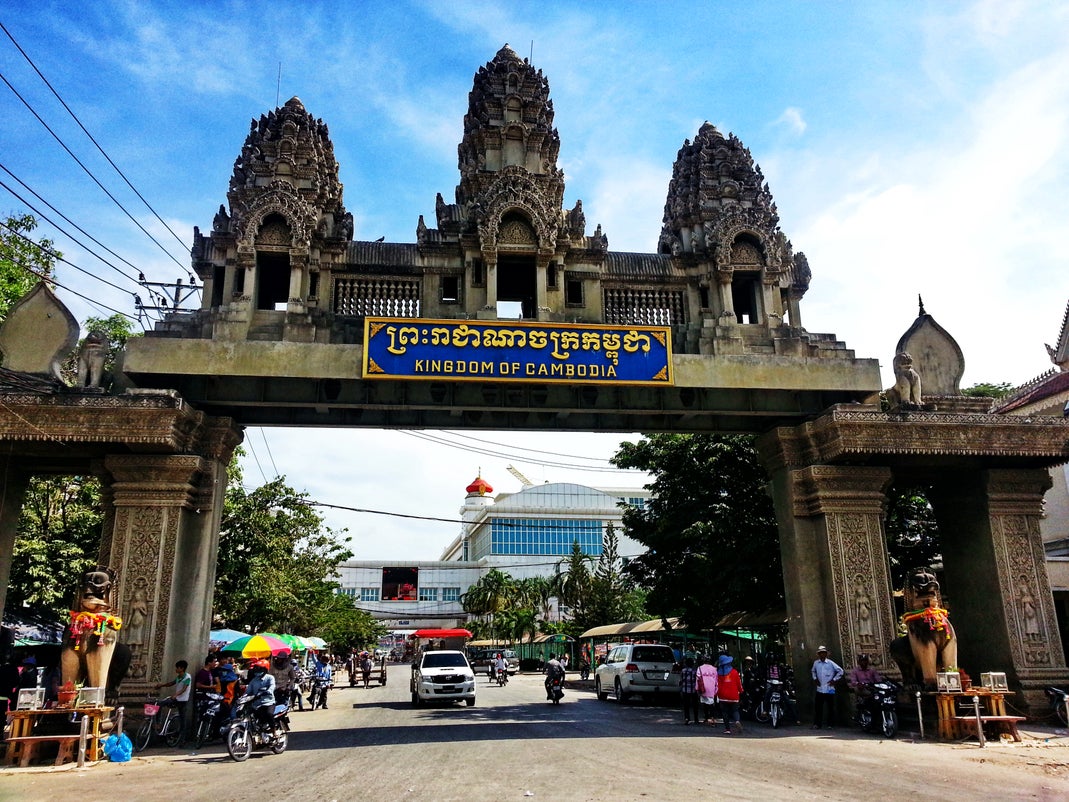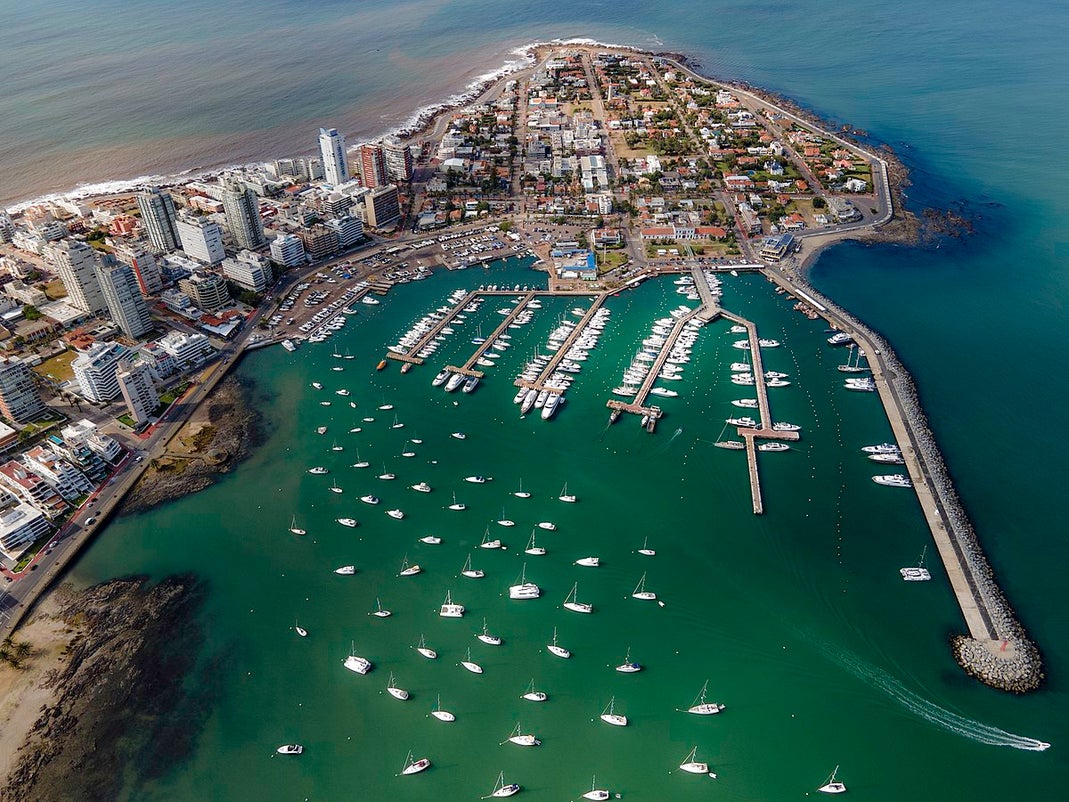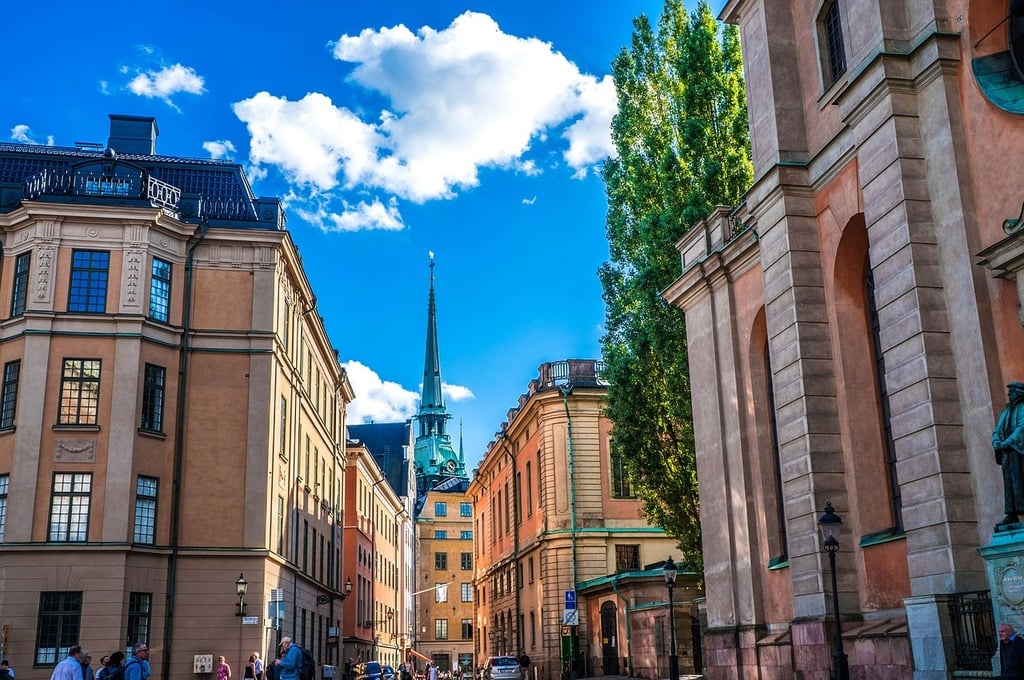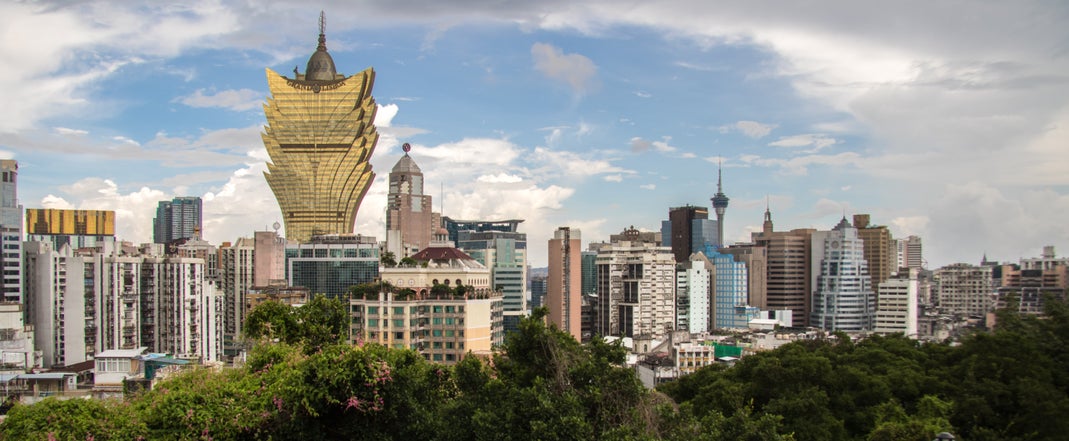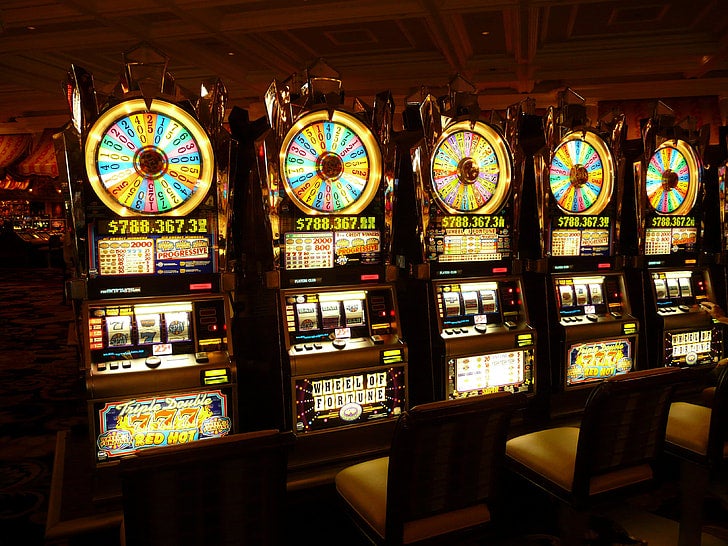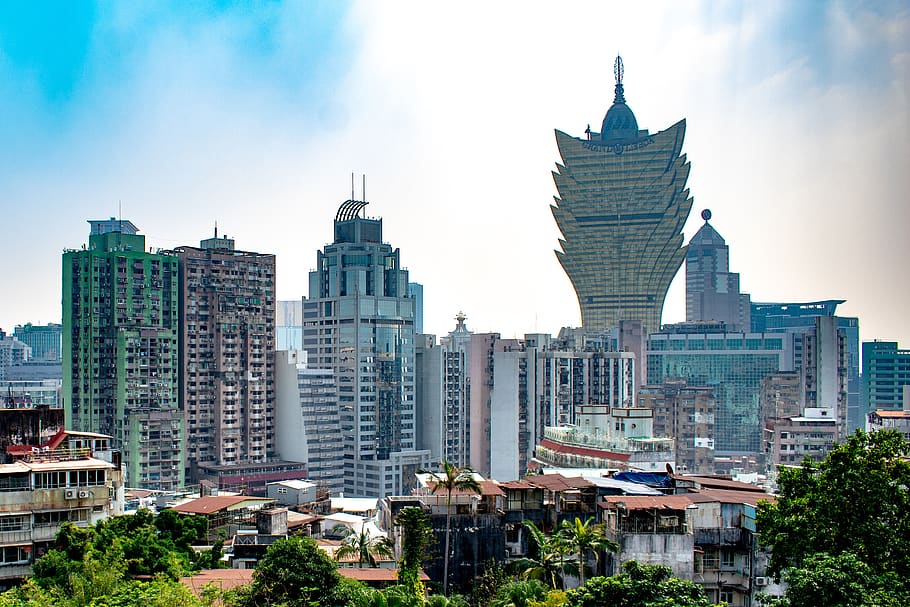Playing Catchup
The policy change presented in the Conservatives’ election manifesto champions a system that focuses on player safeguards while using gaming revenues to fund social programs. The party argues that the current system fails at safeguarding players from gambling harm or adequately funding public initiatives like sports.
“Replace the current exclusive rights model with a licensed model to increase revenues for the state and provide greater opportunities to help those who are struggling with problem gambling,” the policy states.
The party favors a modernized system for its potential to reel the reins on gambling operations and implement policies that mitigate gambling addiction. Petterson argues that about half of Norwegian players gamble on rogue platforms without the same player protection measures as the local options.
Plenty of Support
The Norwegian Industry Association for Online Gaming is one of several supporters of the licensing alternative. Many believe state revenues will benefit significantly from a thriving gambling industry, resulting in funds for sports and volunteer groups.
Analysts predict that having a licensing model could increase funding for public initiatives by up to NOK2.5 billion (US$234.3 million). Sweden is suggested as a possible model to emulate, considering their success in reducing gambling addiction rates with a self-exclusion program.
Persisting Concerns
Even with plenty of support, the Conservatives face opposition from Gambling Addiction Norway, the Norwegian Sports Federation, and other stakeholders. These bodies argue that allowing private casino operators into the gambling market could increase problem gambling and redirect funds from other beneficial programs to mitigate the issue.
Asserting her stand against the policy, Norwegian Sports Federation Secretary General Else-Marthe stated, “A licensing model will result in more problematic gaming behavior and less money for socially beneficial purposes. We cannot be indifferent to how we are financed.”


